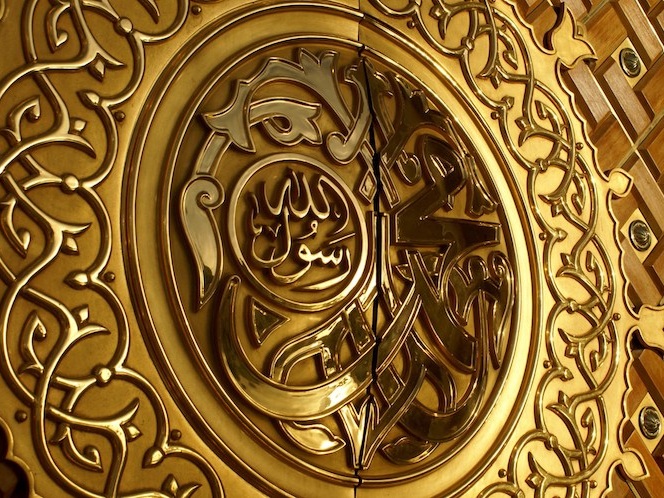The Constitution of Medina, written on behalf of the Islamic prophet Muhammad in 622 CE, outlines the rights and duties of the people living in the city of Medina (present-day Saudi Arabia). The document also regulates relations between Muslims and other communities on the basis of religion (as opposed to ethnicity or tribal affiliation).
The constitution protects all inhabitants of Medina, regardless of religion, and explicitly states that Jews and Muslims can practice their religions freely. Many historians consider the Constitution of Medina to be the first document in history to establish religious freedom as a right (though earlier documents, such as the Cyrus Cylinder, also mention religious freedom).
Woven Teaching
This is the official website of Woven Teaching Inc., a non-profit dedicated to helping teachers with practical assistance via curriculum and workshops. Our mission is to:
Order a free human rights poster for your classroom!
You Have the Right To… is a brand new poster that Woven Teaching has created for your classroom. Help students learn about the 30 Articles of the Universal Declaration of Human Rights. Learn more >
News
April 29, 2024
Check out the April 2024 edition of Human Rights in the News, Woven Teaching’s monthly collection of important human rights stories from around the world. Topics include protests at college campuses across the US and important progress for intersex rights.
February 13, 2024
Woven Teaching’s latest lesson, Strike!: Workers’ Rights and the Matchwomen of London’s East End provides an opportunity for students to learn about their rights as workers, as well as an historical struggle by workers in Victorian London. Students will also learn about the importance of solidarity.
